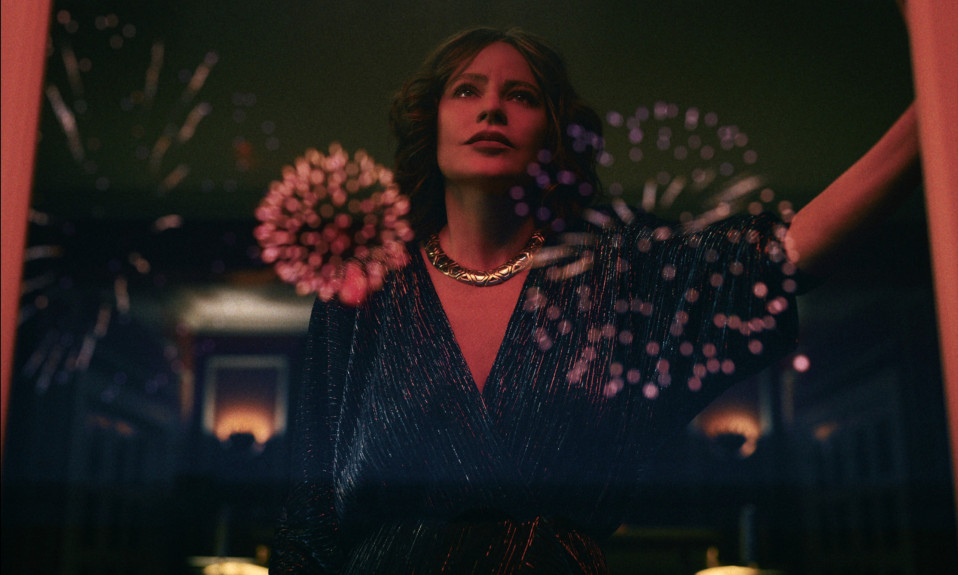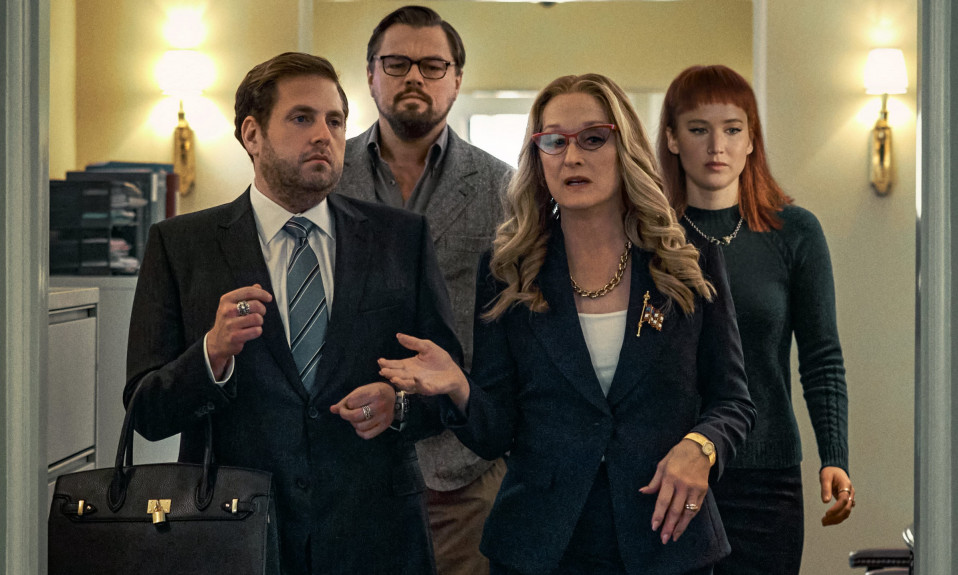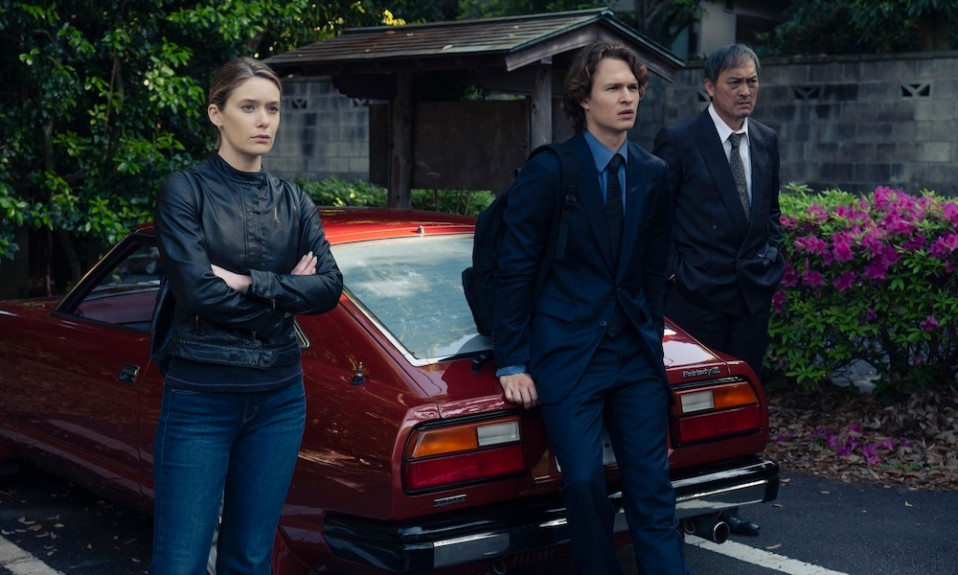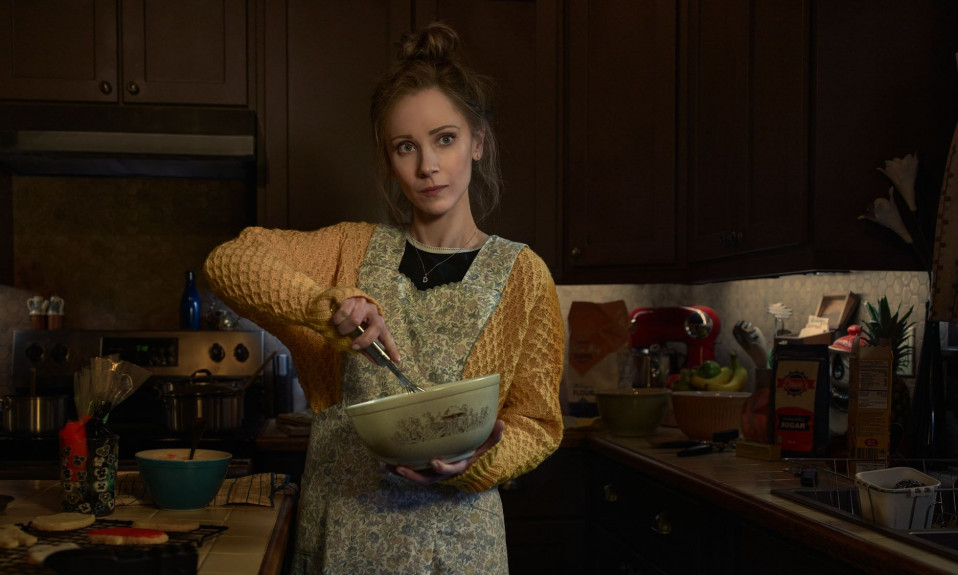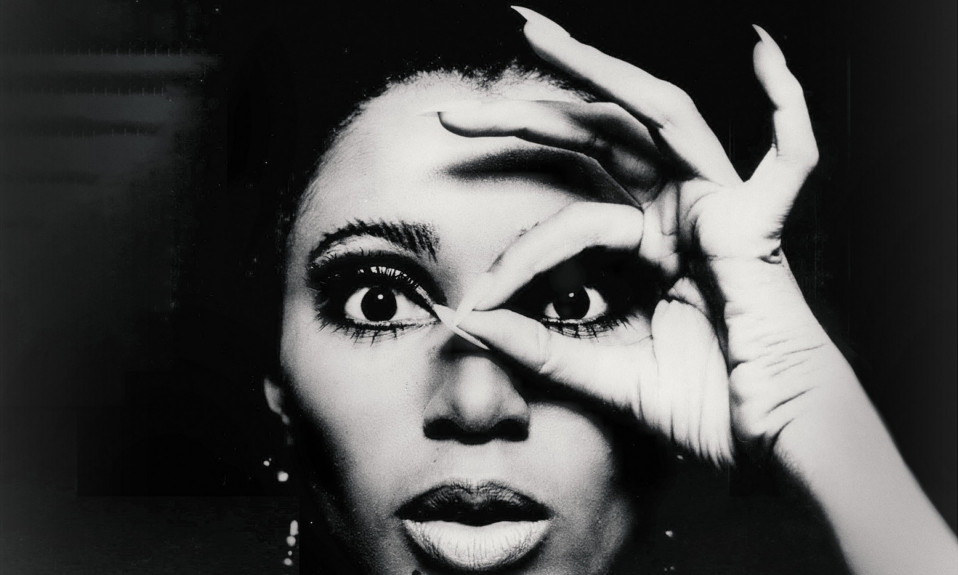In a telephone call, drug lord Griselda Blanco pauses, takes a breath, and gives the order for her top hitman Jorge “Rivi” Ayala (Martín Rodríguez) to execute a couple and their baby to set free a colleague of murder chargers as the primary witness wouldn’t be alive to talk. As the orders are given, Blanco looks worried at her own children. On the other side, Ayala and his men decide to spare the child. It is a scene where Colombian actress Sofía Vergara demonstrates how ranged she is in drama, as she is already a recognized talent in comedy.
In Netflix’s drama Griselda (2023), Sofía Vergara found the role of a lifetime in which she can present how capable she is by playing Colombia drug lord Griselda Blanco, who ruled the underworld of 1980s Miami. This place and time were the epitome of the drug business that saw a city engulfed by corruption and tragedy. It was featured in the classic Time Magazine’ ‘Paradise Lost’ cover that makes a cameo in the series.
1980s Miami played a significant role in current pop culture and the drug market, and the players from those years became known as Cocaine Cowboys. They would inspire seminal fictional representations in the film Scarface (1983) and the series’ ‘Miami Vice’ (1984-1989), products that still influence film, TV, music, gaming, architecture, fashion, and sports. However, the character presented in ‘Griselda’ is larger-than-life, making fictional Miami gangsters look tamed even considering the craziness found in late 20th Century South Florida.
Although the story of Latino drug traffickers has been presented in many media to the point of fatigue, Griselda gives more insight into a rare player, a woman who rose to the ranks in this trade. For instance, it was her inventive mind that created the ‘drive-by’ shooting when the assailant in a car or a bike goes by spraying bullets on their targets, and the real Griselda was way more villainous than her on-screen counterpart.
In an interview with NBC News, Vergara approaches what brought her to a role that long she sought to play:
“I want the audience to take away how easy it is for power to corrupt people — beyond sex, politics, gender norms. The reality is that this story is about someone who was so blinded by power that it overcame any other motives that ever existed. She stood up to a lot of scary and powerful men. But none of that matters, because she ended up becoming one of them.”
-Sofía Vergara, NBC Interview
Griselda is produced by Eric Newman, one of the responsible for Netflix’s Narcos and Narcos: Mexico series, but this round, Newman wanted to set Blanco aside from the previous products and narratives as her story has been told mainly by men that were her rivals, associates or members of law enforcement trying to arrest her. In an interview with Digital Spy, Newman pointed out that the story of Blanco is an anomaly in an already colourful and violent world as there has never been a woman to achieve her dominance and power in any drug cartel. A profile that made Newman set Blanco’s story outside the ‘Narcos’ franchise. “We found with Narcos, the way we tell that story, what that show is about, to try to fit the Griselda story into Narcos just seems like it wouldn’t do it justice.”
Blanco is a complex character; at the same time, she is ruthless to her enemies in attempts to assert her position in a male-dominated area where she always feels under threat; still, she is also known as the caring “La Madriña” (The Godmother) and is surrounded by very loyal subordinates, many of whom were Cubans that came from the Mariel boat which Fidel Castro used to send the undesirable ones from his left-wing dictatorship into the USA. They became known as the “Marielitos.”

Vergara’s Griselda is up there with Wagner Moura’s Pablo Escobar and Diego Luna’s Felix Gallardo from the ‘Narcos’ series. Vergara makes the narrative a character study by expressing hubris, despair, love, caring, scorn, and a whole spectrum of feelings.
Griselda is also a document of the Cocaine Cowboys era and helps understand the craziness that ran afoul in those years and the role they play in today’s drug game. It also is a reminder of where Colombia and Miami were during the late 70s through the 80s. Although the series could have benefitted had it a bigger budget, as it would have allowed more cinematographically shots that would make the experience even more immersive and bring Miami as another character, as happens with the Miami seen in the series and in the 2006 film version of Miami Vice directed by Michael Mann, both very different from each other.
Griselda’s make-up team did outstanding work with the prosthetics as it looks convincing, and only Vergara’s feline eyes are recognizable, which helps the viewer forget the Vergara from Modern Family, thus bringing more gravitas to the role which is furthered by the actress’ elite level acting skills. With this entry, Vergara will be in talks for acting TV awards.
Griselda also makes the case for having diversity not only in front of the screen but also behind when producing art. Vergara’s ambition to play such a problematic character and her input alongside other Latinos make this character-driven show a multi-layered representation. The series does not glamourize “the life,” as many call the drug trafficking lifestyle, but it humanizes it in a way that few films and shows have done with women who engage in condemnable acts.
Also Read: True Crimes, Real Lives: Exploring the Ethics of the Sub-Genre


